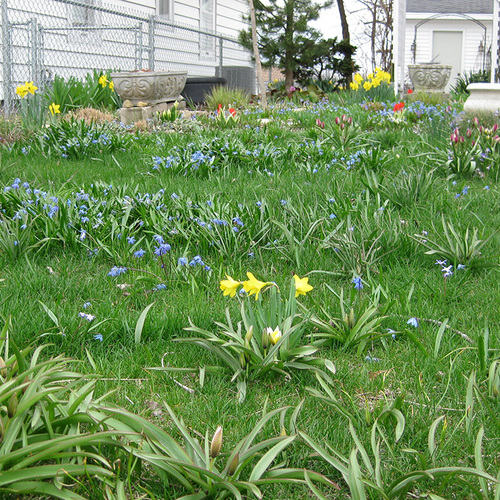Did you know that lawns cover over 40 million acres of land in the United States? That’s an area larger than the state of Georgia, dominated by a single-use, high-maintenance monoculture. Traditional lawns, often composed of non-native grass species, are visually uniform but ecologically barren. They require constant mowing, watering, fertilizing, and pesticide application, yet they offer little to no benefit to pollinators, wildlife, or the environment.
A lawn is the definition of a monoculture—a vast expanse of a single plant type grown at the exclusion of everything else. This lack of plant diversity creates an ecological desert, where pollinators like bees, butterflies, and birds can’t find the food or shelter they need to survive. Worse yet, maintaining a lawn requires noisy, gas-powered equipment like lawnmowers and trimmers, which contribute to noise pollution and release carbon emissions that exacerbate climate change.
In contrast, a well-planned yard with native plants, meadow lawns, or low-maintenance grasses offers a wealth of benefits. Native species are adapted to your local climate and soil conditions, reducing or eliminating the need for chemical fertilizers and supplemental watering. They support biodiversity by providing habitat and nourishment for pollinators and other beneficial wildlife. Native grasses and plants also improve soil health and capture carbon more effectively than traditional lawns, helping to mitigate the impacts of climate change.
Swapping out even part of your lawn for native plants can transform your yard into an ecological oasis while reducing the time, money, and resources spent on upkeep. This collection of articles is your guide to making the switch, with tailored advice on species selection for your region, zone, and specific conditions. Whether you’re interested in creating a vibrant meadow lawn, replacing grass with low-growing native groundcovers, or simply reducing the size of your traditional lawn, you’ll find ideas and inspiration here to get started.
It’s time to reimagine your yard—not just as a space to enjoy but as a vital part of a healthier, more sustainable planet.
More on native plants and ground covers:
The Best Ground-Cover Plants for Attracting Pollinators
3 Native Sedges You Should Grow
Replacing the Lawn and Designing a Sustainable Haven
-
 Mid-Atlantic Regional Reports
Mid-Atlantic Regional Reports -

-
 Pacific Northwest Regional Reports
Pacific Northwest Regional Reports -
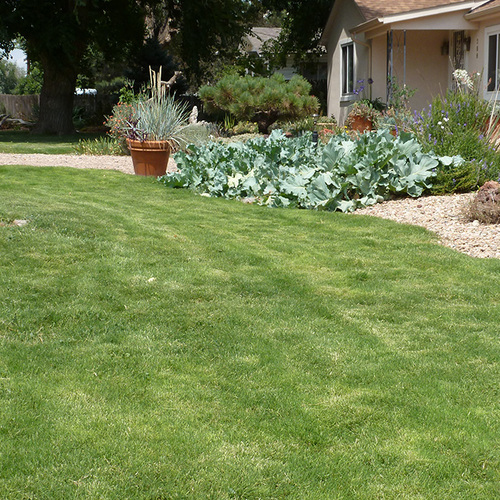 Mountain West Regional Reports
Mountain West Regional Reports -
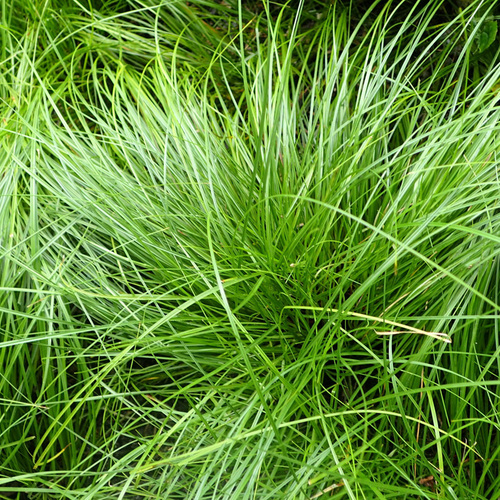 Southeast Regional Reports
Southeast Regional Reports -

-
 Southwest Regional Reports
Southwest Regional Reports -
 Mid-Atlantic Regional Reports
Mid-Atlantic Regional Reports -
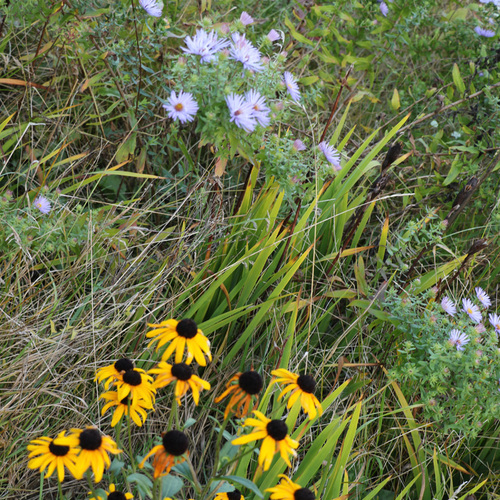 Northeast Regional Reports
Northeast Regional Reports -
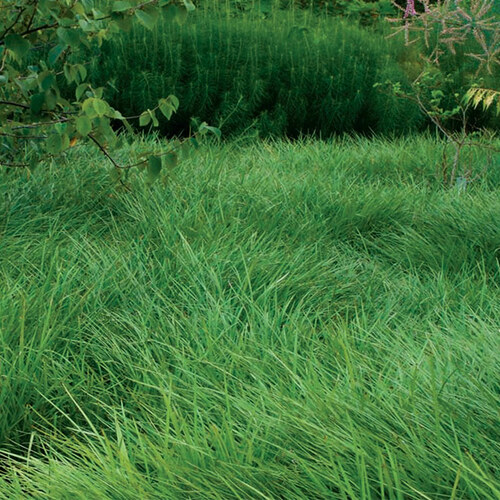 How-To
How-ToWhen you’ve grown beyond your grass, replace your unused lawn with massed groundcovers or a mix of low growers
-
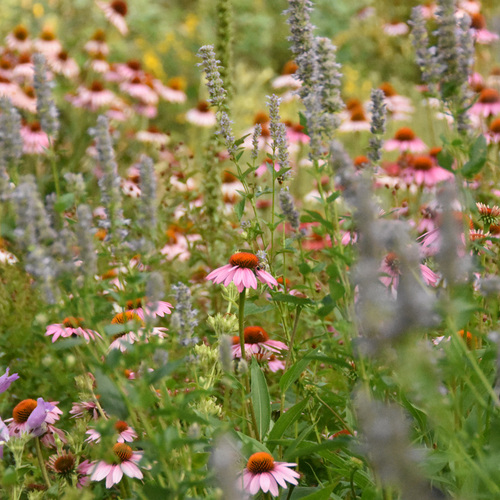 Mountain West Regional Reports
Mountain West Regional Reports -

-
